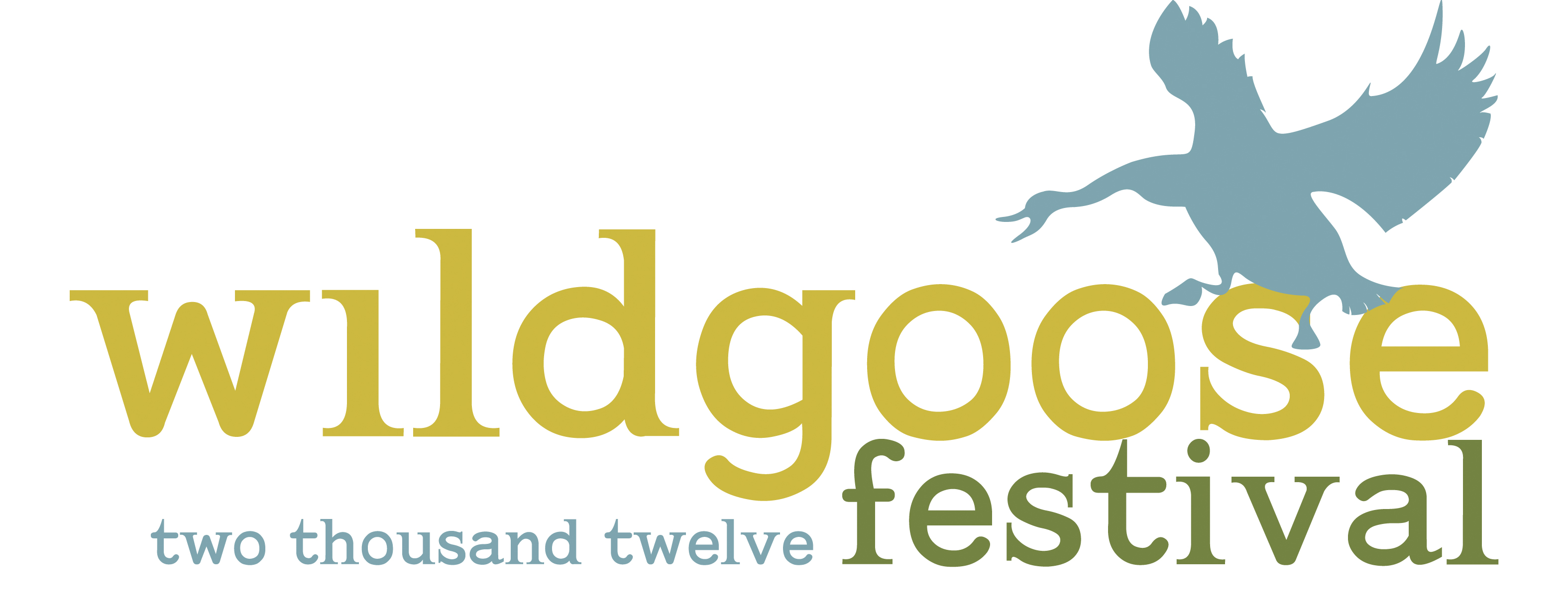Singing Louder Than Those Who Believe Cooperation Is Impossible
Living in Chicago, I’m lucky when I’m able to see the stars. Usually they’re masked by the collective glow of what seems like an infinite number of street lights and apartment buildings. The last weekend in June, I traveled to Shakori Hills, North Carolina for the second annual Wild Goose Festival, a four-day outdoor festival that celebrates Christianity and its intersection with justice, spirituality, and art. There were no street lights or apartments in the humid foothills of Appalachia; the stars burned proudly, and our circle of familiar friends sang beneath a clear sky with a guitar and ukulele.
The epitome of Kumbaya, right?
Several decades ago, the folk anthem “Kumbaya” (or, as originally sung, “Come By Here”) first became part of our country’s history in Georgia and the Carolinas as a call to peace in the years just prior to the civil rights movement. As the movement gained momentum, the singing of Kumbaya became more common. When it did, though, it was less of the original “Come By Here” prayer and more of a rally cry for millions of African-American men and women during what are rightly considered America’s darkest days.
This is certainly a far cry from what we think of today when singing the familiar campfire tune. When did Kumbaya, a song originally intended to lift human and spiritual unity, turn into a pejorative, political sneer aimed at those accused of being naïvely optimistic or hypocritical?
At Wild Goose, I heard countless discussions about Christian faith and spirituality. Even more compelling to me, though, was the theme of interfaith cooperation woven so beautifully into a weekend chock full of conversations around Christian spirituality. To name a few: Shane Claiborne and Friends, who discussed The Gospel of Rutba, a story about American Christians and Iraqi Muslims uniting and finding shared values of hospitality and service in the midst of war; Chris Stedman, who asked how we can build understanding, cooperation, and respect between atheists and the religious; and a student and faculty member from Campbell University, who both shared the inspiring work happening on their campus in partnership with the White House and the President’s Interfaith and Community Service Campus Challenge.
At Wild Goose, I found conversations around interfaith cooperation in the most unexpected places— evidence that the interfaith movement is rapidly spreading.
As it spreads, we must sing louder than the voices that tell us our songs of cooperation are impossible, voices that disempower those who are making tangible change in society. As it spreads, hear the voices of those who have seen the power of voicing their values, engaging with others, and acting together toward real change in their communities.
Kumbaya indeed.
Mat grew up in a small, rural Indiana town and graduated from Purdue University with a degree in industrial design. In October 2011, he left his job in the corporate world to work on contract with IFYC’s campus partnerships team, and was elated to accept a position with the development team in early 2012. Mat is also the chair of the missions team at Holy Covenant United Methodist Church in Chicago.











